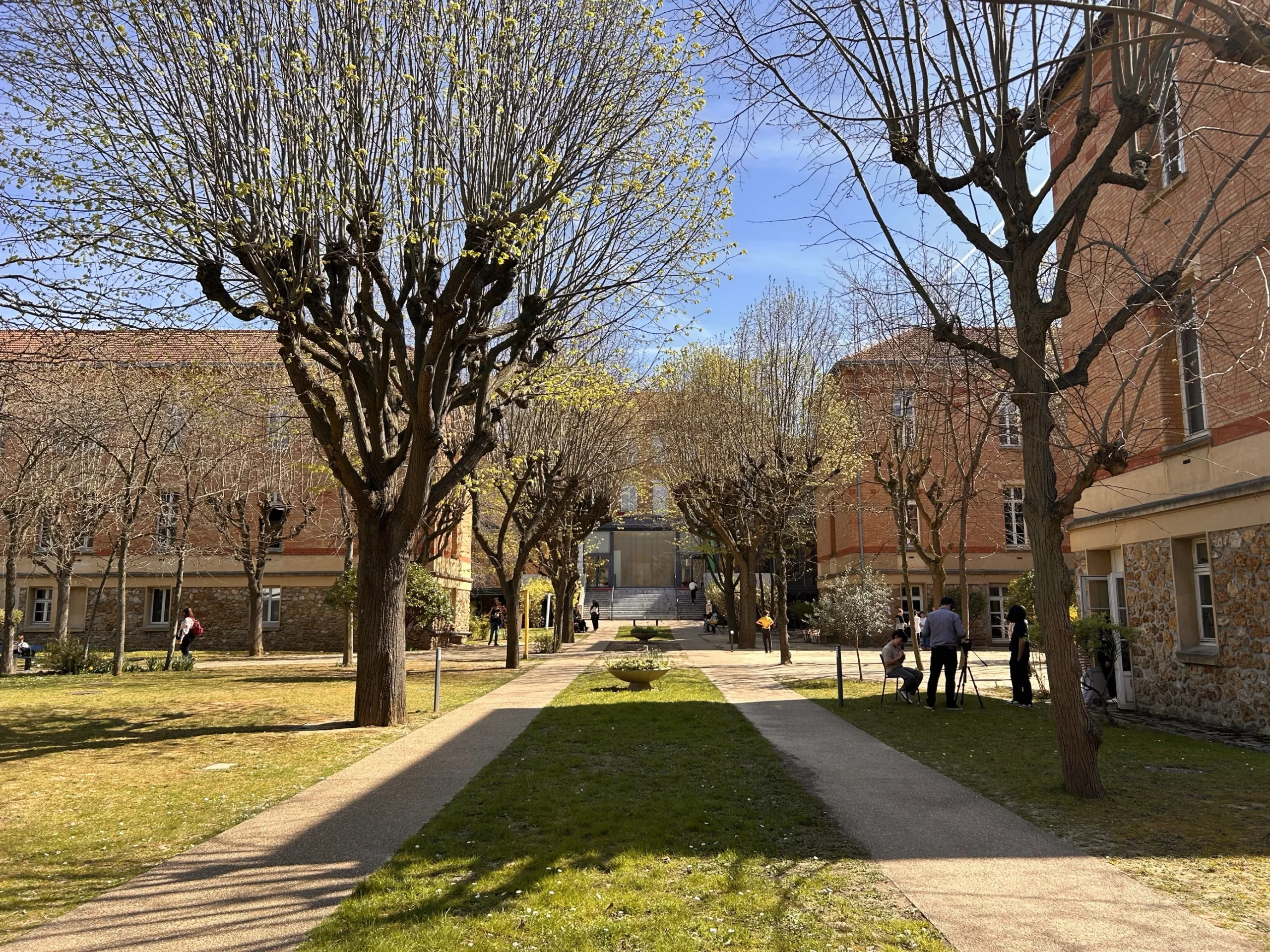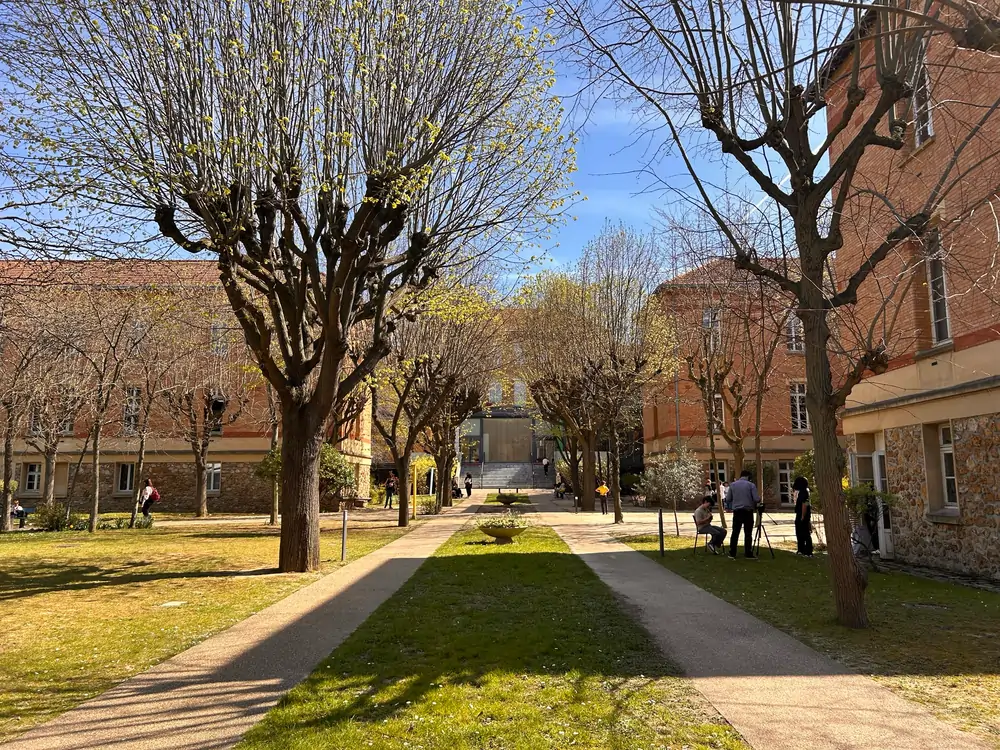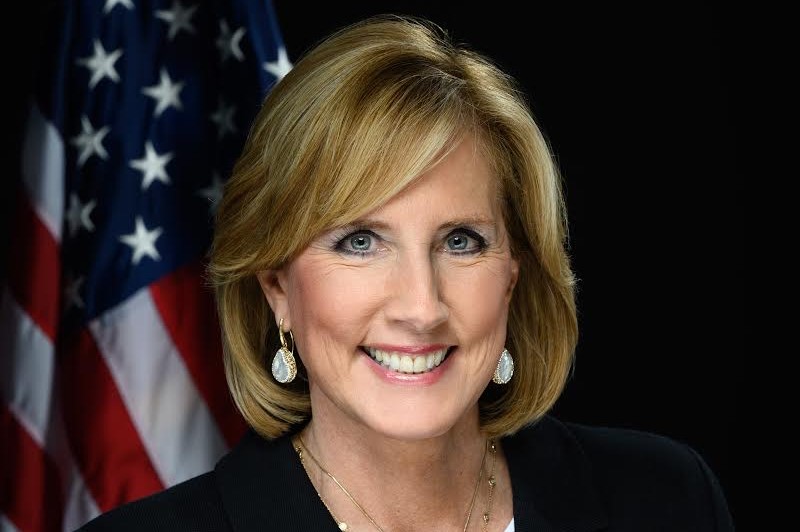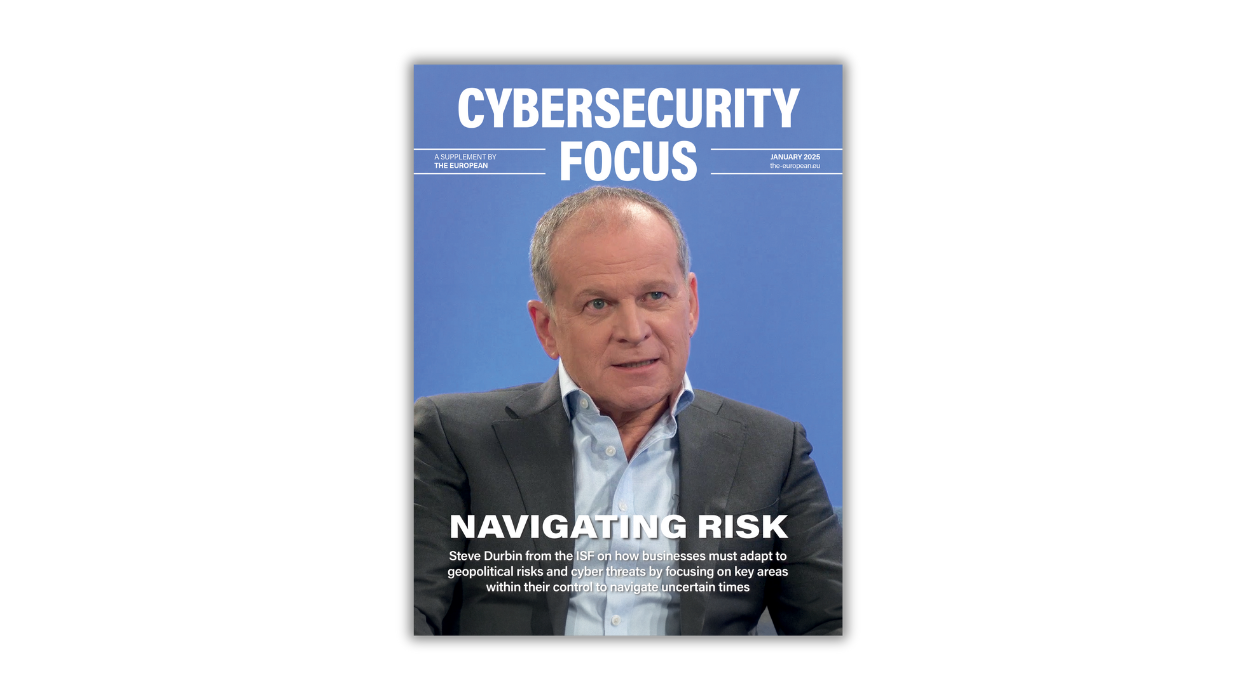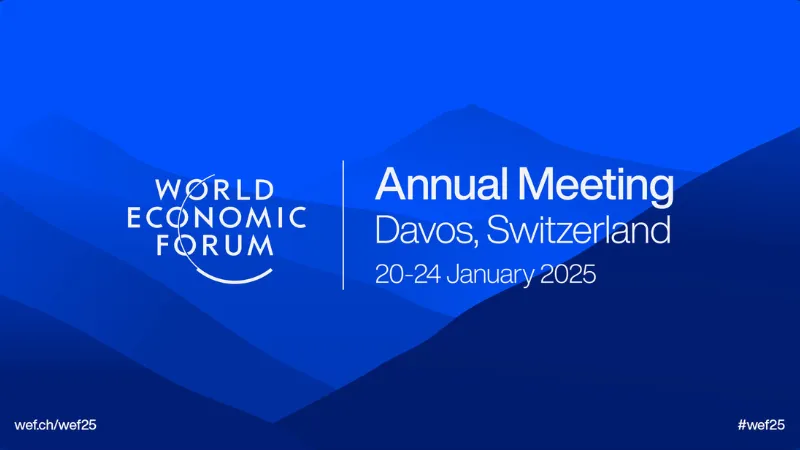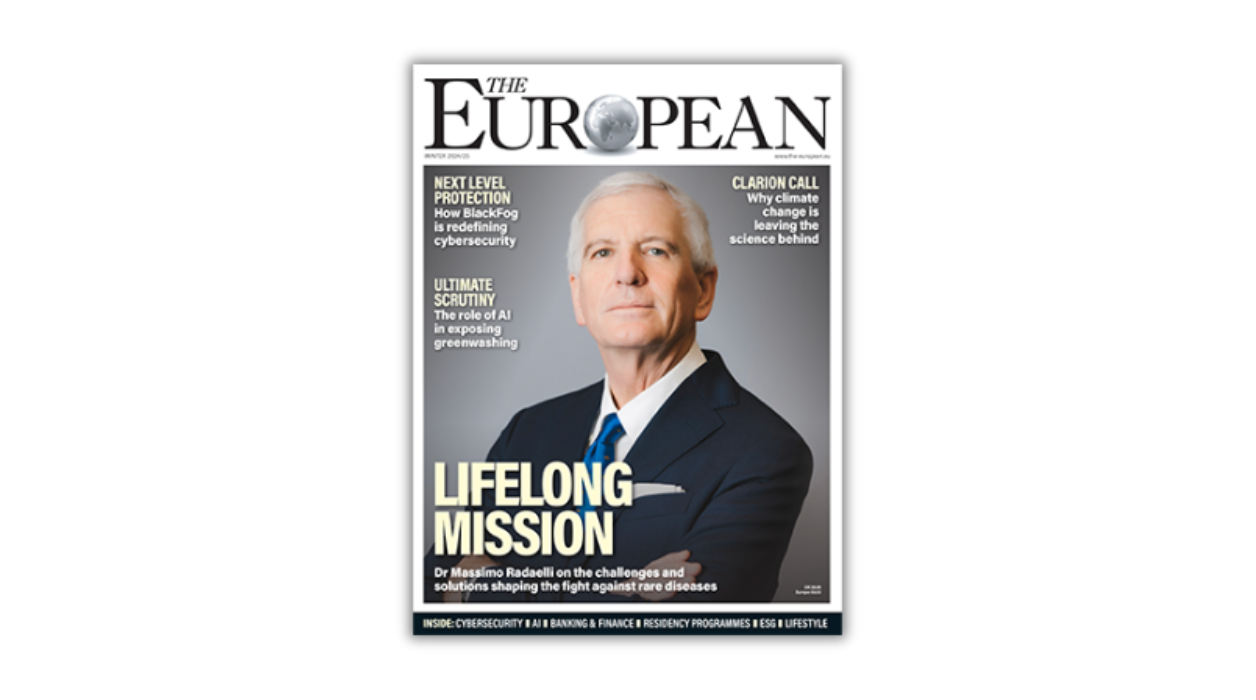Fixing our intangible economy

John E. Kaye

The transition from a material economy to one driven by ideas has created a range of problems, from rising inequality to dysfunctional competition. Blame our antiquated institutions, economist Jonathan Haskel tells Alex Katsomitros
The French TV show Call my Agent! became one of Netflix’s most unlikely successes with its hilarious portrayal of the ugly hinterland of showbiz. The series follows a group of talent agents as they pander to spoiled movie stars, whilst patching up their relationships with directors. Everything is getting done, and nothing is getting done. “What’s brilliant about that programme is that nobody is doing anything, like producing metal or working on the assembly line,” says economist Jonathan Haskel – who is an external member of the BoE’s Monetary Policy Committee. This is the modern economy in all its glory: “They are just coordinating stuff. That’s the intangible economy!”
Intangible, yet very real
As an academic teacher at Imperial College Business School, Haskel knows a thing or two about the intricacies of the 21st-century economy. In his previous book Capitalism Without Capital: The Rise of the Intangible Economy, co-authored with Stian Westlake, he argued that intangible assets are taking the lead, moving ahead of the manufacturing sector as the main driver of growth. It is no coincidence that firms like Facebook and Amazon are now more valuable than most manufacturers. Theirs is a broad definition of “intangible” though; not just software, but also processes like marketing and designing. Retailers are one example, Haskel points out.
Although they are not doing old-fashioned R&D, they invest in training, rearranging supply chains, branding and customer-tailored databases – their added value is increasingly based on ideas rather than materials. One reason is the tech revolution, which has rendered information abundant and cheap. Our preferences have adjusted accordingly, Haskel explains: “As economies get richer, we want more variety: more shades of shoes.” Our recent predicaments have helped too. “Digitalisation, a process many economies went through during the pandemic with people consuming more stuff online, is part of this trend,” Haskel says.

His latest tome, Restarting the Future: How to Fix the Intangible Economy, also co-written with Westlake, follows up with concrete solutions to the multiple malaises of the modern economy, from rising inequality to stalled innovation and slow productivity growth. Paradoxically, although intangible assets are becoming more important, investment in them has been declining since the financial crisis. “Our institutions tasked with supporting investment are not suitable for the intangible economy,” Haskel says. “They have taken us a long way, but they now need reform.”
Risky business
Institutional investors, such as pension funds and insurance companies, are partly to blame for stagnation. Being notoriously risk-averse, they deprive the intangible economy of much-needed investment, Haskel and Westlake argue, when they should be investing in more startups and fewer bonds. Isn’t that dangerous, given their importance for the stability of the financial system? “We don’t want pension funds to risk people’s lifetime savings on stupid bets,” Haskel retorts. Instead, he points to the fragmentation of the British pension market, with several pension funds being too small to conduct the due diligence process necessary to invest in startups. “We propose some unity that would enable small funds to develop large-scale portfolios, so that they could minimise risks and enjoy the benefits of intangible investment,” he explains.
"We don't want pension funds risking people's live savings on stupid bets"
Currently, institutional investors face an diosyncratic prisoner’s dilemma, as none is eager to move first. “They can’t move without the regulator,” Haskel argues. “The regulator can’t move without the Treasury, the Treasury without the pension funds, and we are back to where we started. We need collective action to ease regulatory constraints.” European investors and regulators could learn from their American cousins, he argues. Regulatory changes in the 1970s enabled US pension funds to invest in smaller, unlisted firms, contributing to Silicon Valley’s ascendancy. “They didn’t put all their money into risky assets, but they put enough to help create Silicon Valley,” Haskel says.
Banks are also part of the problem with their focus on real estate-backed debt finance. “Investment in real estate is exactly the opposite of what we want,” Haskel protests, arguing that the new economy favours equity finance, which allows investors to acquire chunks of fledgling, yet ambitious companies. Regulation is partly to blame, forcing banks to be extremely careful about their assets. More than this, banks are not set up to monitor startups like venture capitalists do. Haskel’s favourite solution is getting rid of tax policies that favour debt over equity, such as regulation that allows firms to register debt interest payments, but not equity finance, as business expenses.
Let’s get a fiscal fix
Monetary policy is another area where Haskel believes creative destruction is at work. The intangible economy is inherently riskier, increasing demand for risk-free assets and putting downward pressure
on their yield. The result is lower neutral interest rates, which leaves central banks with less leeway to intervene. As an external member of the Bank of England’s Monetary Policy Committee, tasked with setting interest rates, Haskel is all too familiar with the conundrums policymakers face in an era of high inflation: “The more boxed in central banks are, the closer they are to the zero lower bound,” he says.
Like many other economists, Haskel and Westlake argue that fiscal policy should take centre stage. But their proposal is radical enough. They suggest that governments should set up automatic stabilisers, such as temporary tax credits and targeted payments to low-income households, to tackle uncertainty, given that political support for such generous policies has increased during the pandemic. Wouldn’t that further hollow out politics, increasing cynicism and populism? Haskel thinks otherwise: “Politicians could devise the framework of these stabilisers, for example of how progressive the tax system might be. Ultimately, they would benefit from the system.”
He recognises though that such measures may prove difficult to implement in an era when the role of unelected bureaucrats and even the independence of central banks are being questioned. “This does raise questions about independence. But that’s a consequence of living in a low-interest-rate world with less policy room for monetary policymakers,” Haskel says, adding that even now technocrats don’t have a free hand: “The Bank of England is independent, but monetary policy targets are set by Parliament every year.”
A different kind of competition
Another problem of the new economy is diminishing competition. In some sectors, market dominance is so high that policymakers on both sides of the Atlantic are considering action; the head of the US competition regulator, Lina Khan, is determined to break up tech monopolies. Haskel and Westlake, however, believe the problem is not concentration, but the inability of smaller firms to grow. In an intangible economy, firms scale up by tapping into powerful algorithms and the network effects they create. “That type of scaling up is not an abuse of market dominance, it’s actually good for consumers,” Haskel says. Instead, he argues, we should go back to a more primitive notion of competition that resembles rivalry and puts emphasis on business dynamism. “Rivalry could be competition between companies, but could also mean opportunities for entrants to come in,” he says. Although the book is thin on solutions, Haskel believes that ultimately this is a financial problem: “If entrants can’t come in, the problem goes back to financial concerns, which is not the job of competition authorities to deal with.”

What worries Haskel and Westlake more is another form of competition: that between workers. As they remark in the book, intangible capital has intensified the “rat race” through “software and management systems that enable businesses to track staff performance, reward the high performers, and punish the low performers, whether the workplace is an Amazon warehouse or a corporate law firm.” What’s more, in such a competitive job market, workers increasingly use qualifications as “signalling” tools to climb up the professional ladder, rather than to educate themselves. Although they stop short of talking about “bullshit degrees” that lead to “bullshit jobs”, a term coined by the late anthropologist David Graeber to denote the hordes of salaried paper-pushers, their analysis seems to raise a controversial issue: should we be sending fewer kids to university? “People should be allowed to do whatever they want,” Haskel says. “But we don’t want the public purse supporting this signalling role. We need to be clearer about each university course’s value.”
That doesn’t mean that we need more science and technology degrees though. “Quite the opposite: in an intangible economy, putting intangible assets together will be valuable,” Haskel explains, pointing out that the future of work is the Call My Agent! way: “The person who is good at getting Harry Potter actors, software engineers and theatrical designers together will be a key worker, be it a classical Greek scholar or a web developer. It’s the combination that matters.”
"In an intangible economy, putting intangible assets together will be valuable"
Think globally, build locally
Unusually for a book about economics, Restarting the Future also delves into urban planning. Cities create the synergies that allow the intangible economy to thrive, but also clog it up when they become overcrowded, rents are skyrocketing and building new houses is unpopular among existing homeowners. If antiquated planning rules are the problem, localisation is the solution Haskel and Westlake prefer, with different neighbourhoods going their own way and local residents having a say. “They may decide that fewer restrictions would enable them to put an extra floor on their house and make a million they could happily retire on,” Haskel says, admitting that theirs is a British solution to a very British problem: “Our second cities like Manchester are much smaller than their counterparts in other countries. We have had tight planning regulations since the late 1940s. Governments have tried to relax restrictions, but there’s too much pressure from local people.” Wouldn’t localised planning lead to urban anarchy? It is a possibility, he concedes, but it’s still worth it for the sake of younger generations: “It is a cost we should incur, otherwise we will never be able to expand our cities, which is too costly in an intangible economy.”
ABOUT JONATHAN HASKEL
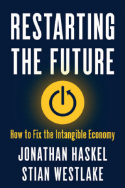
Jonathan Haskel is Professor of Economics at Imperial College Business School and an external member of the Bank of England’s Monetary Policy Committee. He is the author, with Stian Westlake, of ‘Restarting the Future: How to Fix the Intangible Economy’ and ‘Capitalism Without Capital.’
RECENT ARTICLES
-
 Managing cross-border risks in B2B e-commerce
Managing cross-border risks in B2B e-commerce -
 Research highlights rise of 'solopreneurs' as technology reshapes small business ownership
Research highlights rise of 'solopreneurs' as technology reshapes small business ownership -
 Human resources at the centre of organisational transformation
Human resources at the centre of organisational transformation -
 UK government sets up Women in Tech taskforce amid gender imbalance concerns
UK government sets up Women in Tech taskforce amid gender imbalance concerns -
 Liechtenstein lands AAA rating again as PM hails “exceptional stability”
Liechtenstein lands AAA rating again as PM hails “exceptional stability” -
 The Parisian business school quietly reinventing the MBA
The Parisian business school quietly reinventing the MBA -
 UK entrepreneur who founded £1bn firm acquires UAE amateur golf leader to launch world amateur Super League
UK entrepreneur who founded £1bn firm acquires UAE amateur golf leader to launch world amateur Super League -
 Why your home is the best place to teach children leadership
Why your home is the best place to teach children leadership -
 Inside the Spring 2025 Edition of The European
Inside the Spring 2025 Edition of The European -
 The Paris MBA designed for real-world leadership
The Paris MBA designed for real-world leadership -
 Soft2Bet reflects on eight years of leadership and philanthropy in new film featuring CEO Uri Poliavich
Soft2Bet reflects on eight years of leadership and philanthropy in new film featuring CEO Uri Poliavich -
 Global Banking School celebrates ‘milestone’ anniversary
Global Banking School celebrates ‘milestone’ anniversary -
 Saudi Arabia hosts the fourth Riyadh International Humanitarian Forum
Saudi Arabia hosts the fourth Riyadh International Humanitarian Forum -
 New York Congresswoman pushes for Trump’s birthday to be enshrined as federal holiday
New York Congresswoman pushes for Trump’s birthday to be enshrined as federal holiday -
 Red light, green bite: Netflix restaurant opens in Vegas
Red light, green bite: Netflix restaurant opens in Vegas -
 Read our Cybersecurity Focus supplement, featuring insights from Information Security Forum
Read our Cybersecurity Focus supplement, featuring insights from Information Security Forum -
 Davos World Economic Forum 2025: Collaboration for the Intelligent Age
Davos World Economic Forum 2025: Collaboration for the Intelligent Age -
 The European releases its Winter 2024/25 edition
The European releases its Winter 2024/25 edition -
 Read our FDI Focus supplement, featuring insights from Michael Lohan of IDA Ireland
Read our FDI Focus supplement, featuring insights from Michael Lohan of IDA Ireland -
 PizzaExpress to Expand Dough Base Stateside
PizzaExpress to Expand Dough Base Stateside -
 The two core skills middle managers need to navigate stormy weather
The two core skills middle managers need to navigate stormy weather -
 The Role of Financial Regulations in the Online Casino Industry
The Role of Financial Regulations in the Online Casino Industry -
 How to become a game-changer
How to become a game-changer -
 Taking the risk out of BOP ventures
Taking the risk out of BOP ventures -
 Releaf leading the way with marketing
Releaf leading the way with marketing






